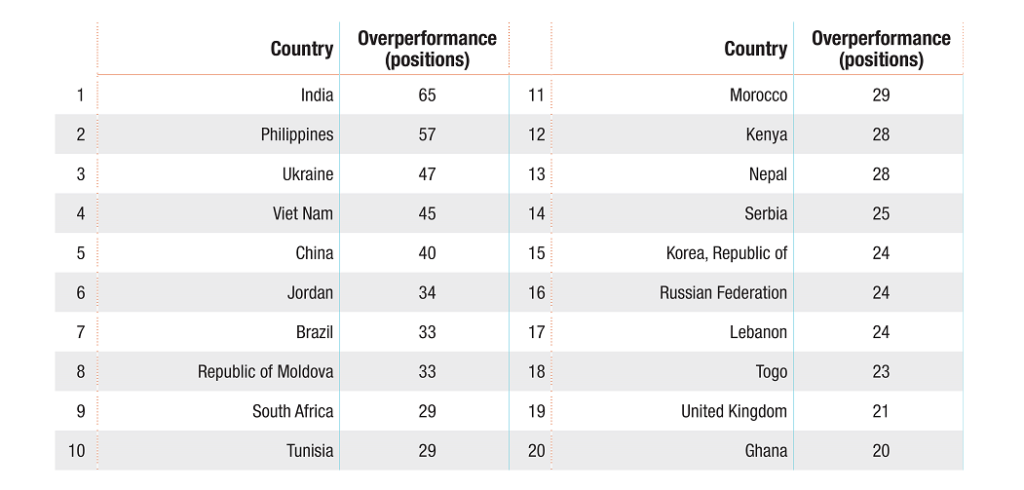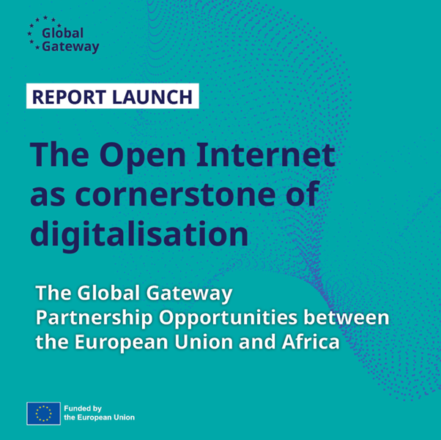The UNCTAD report published in March 2021 asserts that many developing countries “are less prepared for the new technology wave.” However, some of them stand out, revealing “a greater capacity to use, adopt and adapt frontier technologies than their GDP per capita would suggest.”
Frontier technologies are redefining our world, especially our post-pandemic future.
Behind Frontier technologies are artificial intelligence (AI), the internet of things, big data, blockchain, 5G, 3D printing, robotics, drones, gene editing, nanotechnology and solar photovoltaic... In other words, all those technologies that take advantage of digitalization and connectivity, UNCTAD experts point out.
Director of UNCTAD's Technology and Logistics Division, Shamika N. SIRIMANNE said: “frontier technologies are redefining our world, especially our post-pandemic future.” And not just in a bad way, as “despite some negative realities associated with these technologies, such as their potential to worsen inequality, widen the digital divide and disrupt socio-political cohesion, they could be transformative in achieving the UN’s Sustainable Development Goals (SDGs).”
The five building blocks

To assess their progress in using frontier technologies, the UNCTAD report provides a "country readiness index", considering countries’ national capacities related to physical investment, human capital and technological effort.
To this end, it scores countries on their readiness for frontier technologies based on five building blocks: ICT deployment, skills, research and development (R&D), industry activity and access to finance.
The index spotlights developing countries that perform better on frontier technologies than their per capita GDPs would suggest.

In its country-by-country analysis, on a global scale, India stands out as the greatest overperformer, and on the continent, Tunisia. These two countries are characterized by "an abundance of qualified and highly qualified human resources, available at a relatively low cost". Nigeria, Egypt and South Africa are also well ranked.
Apart from developing countries, the best prepared countries for frontier technologies are the United States, Switzerland, and the United Kingdom. Moreover, apart from the United States, South Korea and Singapore, the best prepared are European, which “have a well-balanced performance across all the building blocks of the index.”
UNCTAD's recommendations
To catch up and forge ahead, UNCTAD urges developing countries to adopt frontier technologies while continuing to diversify their production bases by mastering many existing technologies. These countries need to “strengthen their innovation systems, not to be weak anymore and “prone to systemic failures and structural deficiencies.”
The report commends developing countries to align science, technology and innovation (STI) policies with industrial policies. “New technologies can re-invigorate traditional production sectors and speed up industrialization and economic structural transformation,” Ms. SIRIMANNE emphasized.
Policymakers are urged to help people acquire the necessary digital skills and competencies to adopt and adapt frontier technologies into their countries’ existing production bases.
Finally, the report considers it necessary for the entire population to be able to connect online. Therefore, governments should provide incentives and subsidies not just for internet access but also for the devices through which people get connected.





